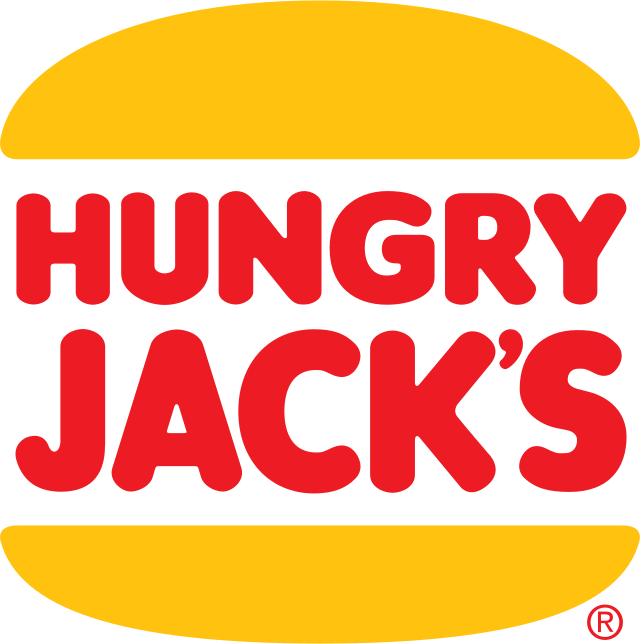Fancy Winning $1000 Worth of Hungry Jack's Vouchers?
Enter now for a chance to win.

The Australian Burger King restaurant franchise known as Hungry Jack's is run by Jack Cowin. The first franchise opened in Australia in 1971, and it has continued to operate even though the American corporation left the region.
Even though the Hungry Jack's fast food restaurant chain's menu and visual identity are exact replicas of the well-known American Burger King, it is actually owned by a wholly distinct organisation, Competitive Foods Australia.
With the establishment of the first restaurant in 1972, the company reached the Australian market during the onset of the 1970s. The fast-food chain's name was chosen to honour Jack Cowin, the man of Competitive Foods Australia.
When Burger King decided to launch its operation into Australia, it discovered that a takeaway food store in Adelaide, South Australia, had already copyrighted its company name. As a response, Burger King granted Jack Cowin, the Australian franchisee, a list of potential alternate names for the restaurants that were to be located in Australia. These names were derived from trademarks that Burger King and its then-corporate parent Pillsbury had already registered.
In order to create the name "Hungry Jack's," Cowin chose the brand name "Hungry Jack," which refers to one of Pillsbury's American pancake combination products. On April 18, 1971, Innaloo, Perth, opened its first Burger King franchise under the supervision of Cowin's newly formed Hungry Jack's Pty Ltd.
Hungry Jack's had grown to 26 locations across three states by the conclusion of its initial decade of business in the 1970s. The business established its first New South Wales location in the Sydney CBD in October 1981 at the intersection of Liverpool and George Street. By buying 11 locations from the struggling Wendy's Hamburger company in 1986 and renaming them Hungry Jack's, the chain entered Victoria.
The franchise agreement between Hungry Jack's Pty Ltd. and Burger King Corporation was renewed in 1991, enabling Hungry Jack's to grant third party franchisee licences. Nevertheless, one of the terms of the contract required Hungry Jack's to open a specific number of outlets each year for the duration of it. The Burger King Corporation moved to terminate the franchise agreement with Hungry Jack's in 1996, soon after the Australian copyright on the Burger King brand expired, on the grounds that Hungry Jack's had failed to develop the chain at the rate required by the extended franchise agreement.
Under the protection of this claim, the Burger King Corporation started opening its own stores in 1997, starting in Sydney and spreading to the Australian states of New South Wales, the Australian Capital Territory, Victoria, and Tasmania. Burger King also aimed to restrict HJ's capacity to open new establishments in the nation, regardless if these where corporate sites or third party operated licensees.
Due to Burger King's activities, Jack Cowin, the owner of Hungry Jack, and his firm Competitive Foods Australia filed a lawsuit against the Burger King Corporate entity in 2001, alleging that Burger King had broken the terms of the original franchise contract and was in breach of the agreement. According to Cowin, Burger King had broken the terms of the contract, and also the Supreme Court of New South Wales agreed, awarding Hungry Jack's just over $40 million USD.
In its ruling, the Court stated that Burger King sought to manipulate a fallback of the franchise agreement to ensure that the firm could eventually contend the Australian market as its own and restrict the number of newly opened Hungry Jack's branded restaurants. This was an objective that was outside the scope of the agreement. The case brought the American legal idea of good faith negotiations—rarely employed in Australian court systems before the verdict—into Australian legal discourse.